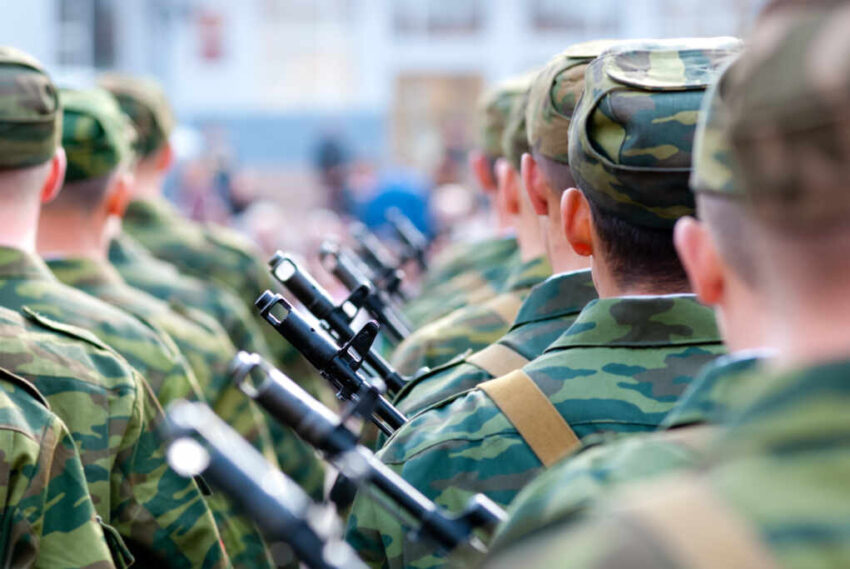Russian military personnel refusing to fight or going missing are being rebranded as deserters, leading to savage punishments, lost benefits, and long prison terms.
At a Glance
- Russia reclassifies missing servicemen as deserters to conceal combat losses
- Over 50,000 soldiers were recorded as deserters in 2024, denying their families compensation
- Videos claim deserters face torture, field prisons, and execution by their comrades
- Russia reportedly convicted a soldier to 15 years in prison for surrendering to Ukraine
- Deserters often rely on underground networks to flee or surrender safely to Ukrainian forces
Disappeared by Design
Russia’s armed forces are systematically labeling missing soldiers as deserters to mask the true scale of battlefield losses. Investigations suggest that thousands of unaccounted-for troops are being written off as willful absentees—a bureaucratic sleight of hand that denies families death compensation and conceals the depth of military attrition.
In 2024 alone, over 50,000 service members were charged with desertion or evasion. That number stands in contrast to reports from the Ukrainian General Staff estimating Russian military casualties—killed, wounded, or missing—exceed one million. These figures suggest a covert effort by the Kremlin to suppress the optics of wartime collapse through administrative erasure.
Watch now: Complete Army COLLAPSE… 20000 Russian Soldiers Go AWOL · YouTube
Violence as Deterrent
Accounts from former soldiers, analysts, and leaked footage describe a chilling regime of extrajudicial punishment for desertion. Suspected deserters are reportedly beaten, confined in makeshift field prisons, or even executed by fellow troops in so-called “carousel” sessions—torture rituals meant to terrify others into submission.
In April 2025, Russia handed down its first formal prison sentence for voluntary surrender: a 15-year term for a soldier who laid down arms and crossed into Ukrainian custody. The verdict, handed out in a closed trial, underscores the state’s growing legal apparatus for suppressing military dissent.
Meanwhile, families of the missing are often fed contradictory or opaque information. Many are told their sons simply abandoned their units, despite circumstantial evidence pointing to combat fatalities. With no body, no clarity, and no benefits, grief turns to confusion and fear.
Networks of Resistance
Despite these risks, a growing number of Russian servicemen are fleeing the front lines. Some defect to Ukraine, others escape abroad with the aid of volunteer organizations. One such group, Get Lost, has reportedly helped nearly 2,000 soldiers evade forced mobilization since the war began, providing legal and psychological support along treacherous escape routes through Georgia and Armenia.
Still, these efforts represent only a fraction of the total. Most would-be deserters remain trapped—physically, politically, and emotionally—within a war machine that views absence not as loss, but as betrayal. For them, survival often depends on vanishing in silence.
Russia’s crackdown on dissent within its ranks—legal, physical, and symbolic—is rapidly emerging as one of the war’s darkest subplots. As the true human cost of the invasion continues to be obscured, the state’s reclassification campaign may be rewriting not only individual fates but the entire narrative of the war.
Click this link for the original source of this article.
Author: Editor
This content is courtesy of, and owned and copyrighted by, https://deepstatetribunal.com and its author. This content is made available by use of the public RSS feed offered by the host site and is used for educational purposes only. If you are the author or represent the host site and would like this content removed now and in the future, please contact USSANews.com using the email address in the Contact page found in the website menu.





